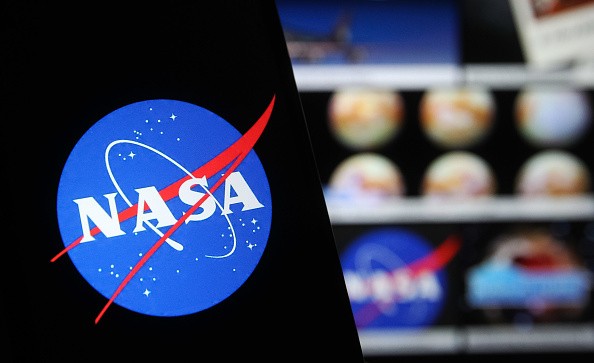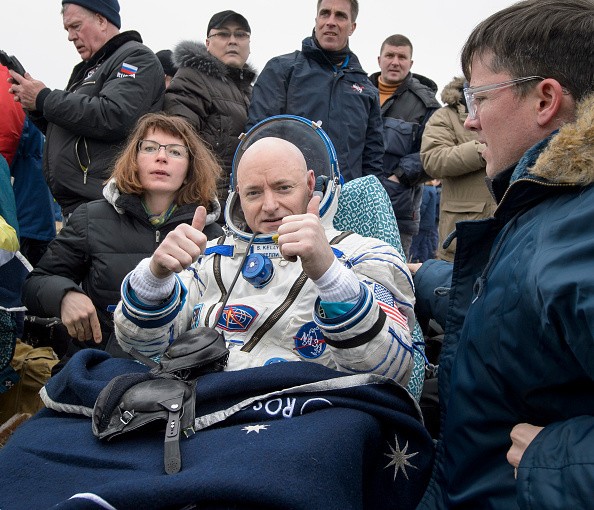NASA knows very well that to fulfill its biggest dreams for human exploration, everybody must be informed about how human bodies respond to the environment of outer space.
As such, this will be the main focus of their upcoming virtual symposium titled Spaceflight for Everybody. According to the NASA website, the symposium will be running from November 8 to November 10.

If you want to participate in the symposium, you can sign up for it via WebEx.
The agency will be broadcasting the symposium live courtesy of NASA TV, the agency's own website, and the NASA mobile app.
In the symposium, the agency hopes to tackle its biomedical research data and operational medicine. This is in the hope of establishing how the human body deals with the environment of space during an active mission.
Aside from that, the symposium will also be discussing other related health and medical topics. This includes the announcement of new spaceflight participation goals intended to open up space exploration to a far more diverse group of explorers.
NASA's Spaceflight for Everybody is also looking to discuss the potential benefits of the agency's planned partnerships with the commercial sector on the subject of human health in space.
The full schedule of the symposium is available online at the NASA website if you want to check it out.
Considering how the agency's future space exploration plans involve sending humans to exoplanets, the exchange of expert knowledge at the symposium will be a big help.
Speaker Lineup
Symposium-goers will be hearing facts and thoughts from speakers who themselves come from NASA's own stable. This includes high-ranking agency officials and former astronauts.
Among them include current Deputy Administrator Pam Melroy, associate administrator for Space Operations Kathryn Lueders, NASA chief health and medical officer Dr. J.D. Polk, Johnson Space Center director Vanessa Wyche, and former agency administrator Charles Bolden.
The Importance Of This NASA Symposium
NASA has been hard at work developing techniques and technologies that will help make future missions far safer for human crews. It might be a bit easy for people to think up designs for futuristic, sci-fi tech like warp drives. But what about astronauts?
Right now, spaceflight at its most basic form is damaging to the human body. Various studies and actual observation has confirmed this.
There's a reason why the likes of ISS astronauts who spend so much time in space can barely stand on their feet when they come back to Earth. Just take a look at Scott Kelly, whose body showed significant health issues after staying on the International Space Station for a year straight.

This is also the main reason why there are barely any missions involving human crews nowadays. Much of the space exploration being done in modern times is courtesy of remote-controlled machines--the Mars rovers, as well as countless space probes all over the Solar System.
Related Article : NASA Offers People The Chance To Train The AI Of Mars Rovers
This article is owned by Tech Times
Written by RJ Pierce
ⓒ 2025 TECHTIMES.com All rights reserved. Do not reproduce without permission.




